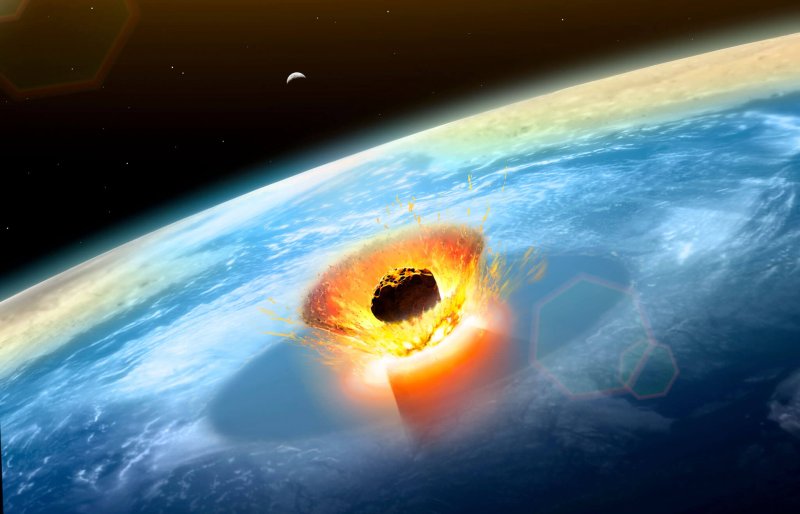A massive asteroid impact is likely to blame for the extinction event that marks the end of the Cretaceous period, according to a study published [January 17] in Science.
Researchers led by Pincelli Hull of Yale University used deep-sea sediment cores extracted from the North Atlantic to investigate ocean carbon cycling and temperature shifts during the widespread disappearance of species around 66 million years ago, the cause of which is the subject of hot debate.
Some researchers argue that volcanic gases in India’s Deccan Traps were the main driver of the extinctions, while others propose that the impact of a giant asteroid, 10 km in diameter, in Mexico’s Yucatan Peninsula was the most probable cause.
…
In mapping a timeline of global temperature shifts and exploring different scenarios for when the Deccan eruptions may have occurred, Hull and her team discovered that temperatures did not spike around the time of the extinction event, as the volcanic hypothesis posits. Instead, the most likely scenario is that the eruptions occurred primarily before the asteroid struck Earth.































